Let's face it, economic jargon can seem overwhelming, especially when it's sprinkled throughout market updates and policy discussions. Yet understanding these terms is crucial for anyone looking to make informed financial decisions. Here is a guide to decoding five key economic terms that frequently appear in the news. By understanding these, you can gain valuable insights that aid in shaping your financial strategies.
Consumer Price Index (CPI)
The Consumer Price Index (CPI) is a critical measure that tracks the changes in average prices paid by urban consumers for goods and services. As one of the primary measures of inflation, the CPI is essential for understanding how costs are evolving over time. Changes in the CPI can significantly influence purchasing power – as prices rise, the value of a dollar falls, meaning you can buy less with the same amount of money.
10-Year Treasury Yield
The 10-Year Treasury Yield is another vital term worth knowing. This figure serves as a key benchmark for interest rates and investor expectations about future inflation or growth. Rising yields can suggest inflationary concerns or an anticipation of economic growth, while falling yields might signal uncertainty or slower growth. Monitoring this yield can help you predict potential changes in loan and mortgage interest rates.
Producer Price Index (PPI)
Unlike the CPI, the Producer Price Index (PPI) examines price changes from the seller's perspective. This measure is often considered a leading indicator of inflation, as rising production costs can eventually lead to higher consumer prices. By keeping an eye on PPI trends, businesses and investors can anticipate shifts in consumer prices and adjust strategies accordingly.
Consumer Confidence Index (CCI)
Issued monthly by The Conference Board, the Consumer Confidence Index (CCI) measures how optimistic or pessimistic consumers are regarding their financial situation and the economy. Typically, higher consumer confidence translates to increased spending, which fuels economic growth. Understanding CCI trends can help predict future consumer behavior and business performance.
Consumer Sentiment Index
The Consumer Sentiment Index, compiled by the University of Michigan, measures attitudes towards personal finances, business conditions, and spending plans. While similar to the CCI, it often provides additional insights into how consumers feel about their financial futures. Comparing these indices helps paint a fuller picture of consumer outlook and potential market movements.
Staying informed about these economic indicators can empower you to understand market fluctuations and make more confident financial decisions. Keep this guide handy, and don't hesitate to share it with others who might also benefit from understanding these essential terms.


